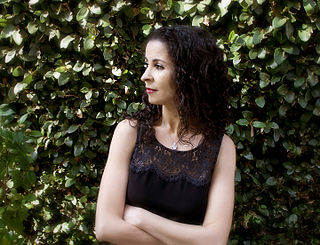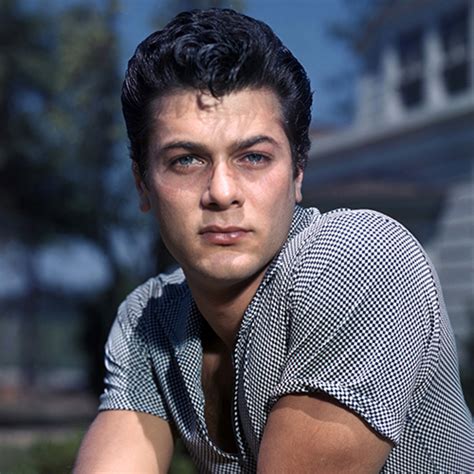A Quote by Laila Lalami
Every book leaves its mark on you. It might leave you hungry for that kind of book or you may be satiated, and you're eager to read something else. It might send you in a completely different direction. I love that about reading.
Related Quotes
On rare occasions there comes along a profound original, an odd little book that appears out of nowhere, from the pen of some obscure storyteller, and once you have read it, you will never go completely back to where you were before. The kind of book you may hesitate to lend for fear you might miss its company. The kind of book that echoes from the heart of some ancient knowing, and whispers from time's forgotten cave that life may be more than it seems, and less.
For most people, what is so painful about reading is that you read something and you don't have anybody to share it with. In part what the book club opens up is that people can read a book and then have someone else to talk about it with. Then they see that a book can lead to the pleasure of conversation, that the solitary act of reading can actually be a part of the path to communion and community.
I want my books to exist in the literary world, not only in the art world. I am interested in having a dialogue with other writers, and the readers of those writers. Someone who is reading a book of mine might not have visited my exhibitions related to it, but can still have a full, literary experience with that book. This would be a completely different experience from stepping into the show, not having read the book. One form is not illustrative of the other.
Every time you are looking for love, and you're making yourself available for love, it may not come in the package that you had dreamed of. It might come in something completely different. You might've thought, "I'm going to be with a tall, dark, and handsome." or "I'm supposed to be with a model woman who looks like she can walk on the runways." But, it might be just a little curvy girl from Oakland!
I doubt if I shall ever have time to read the book again -- there are too many new ones coming out all the time which I want to read. Yet an old book has something for me which no new book can ever have -- for at every reading the memories and atmosphere of other readings come back and I am reading old years as well as an old book.
We keep quiet about what we read. Our enjoyment of a book remains a jealously guarded secret. Perhaps because there`s no need to talk, or because it takes time to distill what we've read before we can say anything. Silence is our guarantee of intimacy. We might have finished reading but we`re still living the book.
In the sort of screen dappled with different states of mind which my consciousness would simultaneously unfold while I read, and which ranged from the aspirations hidden deepest within me to the completely exterior vision of the horizon which I had, at the bottom of the garden, before my eyes, what was first in me, innermost, the constantly moving handle that controlled the rest, was my belief in the philosophical richness and beauty of the book I was reading, and my desire to appropriate them for myself, whatever that book might be.
Certainly it's great to be able to talk to your friends about something. They might mention a film, and you can find all about it, and you don't have to wait months until you can find a book that might cover the subject and keep it in your head. You can have that kind of immediacy. But there's also something about it, where all the knowledge seems kind of fleeting. All the stuff I learn about in that way, I can be interested in for a day and then it's gone.
What you and I might rate as an absolute disaster, God may rate as a pimple-level problem that will pass. He views your life the way you view a movie after you've read the book. When something bad happens, you feel the air sucked out of the theater. Everyone else gasps at the crisis on the screen. Not you. Why? You've read the book. You know how the good guy gets out of the tight spot. God views your life with the same confidence. He's not only read your story...he wrote it.







































